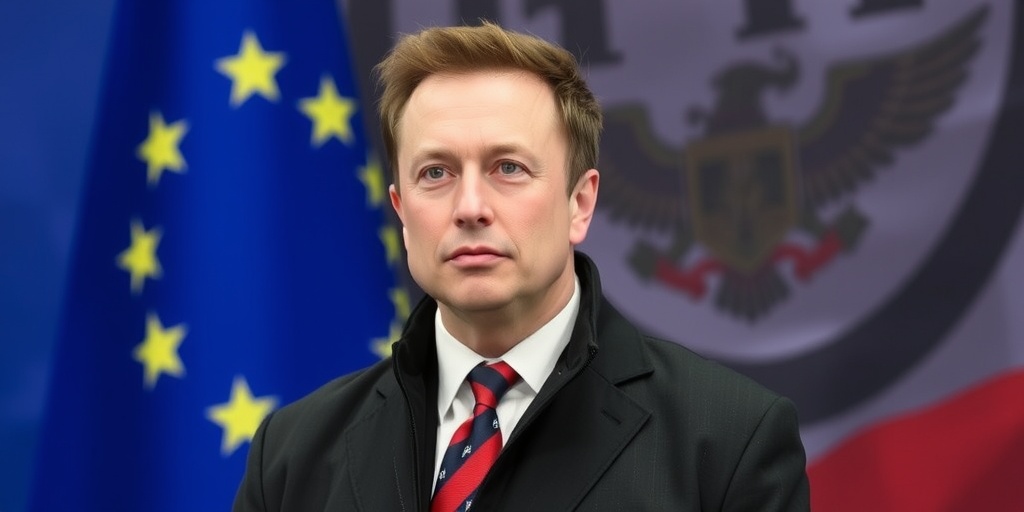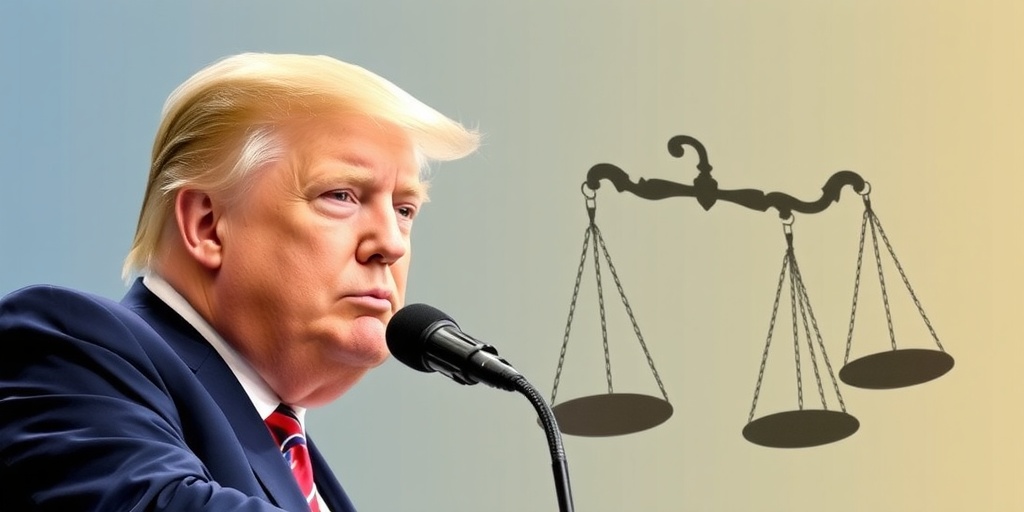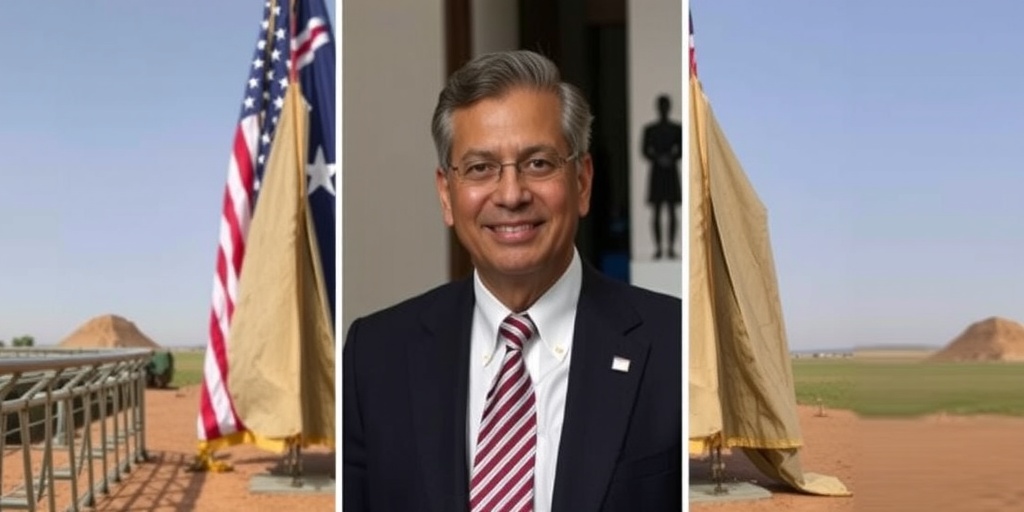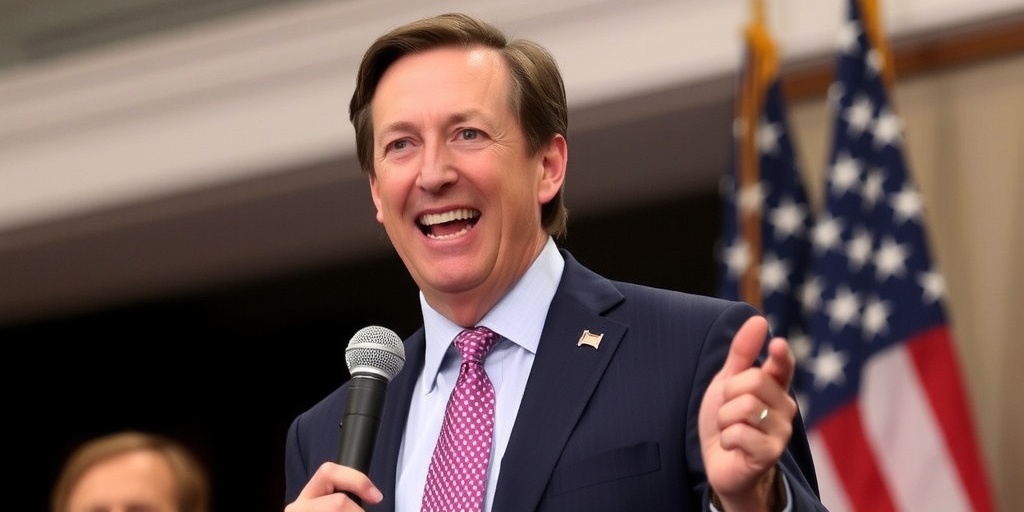Now Reading: Trump’s Deceptive Tactics Pave the Way for Radical Change
-
01
Trump’s Deceptive Tactics Pave the Way for Radical Change
Trump’s Deceptive Tactics Pave the Way for Radical Change
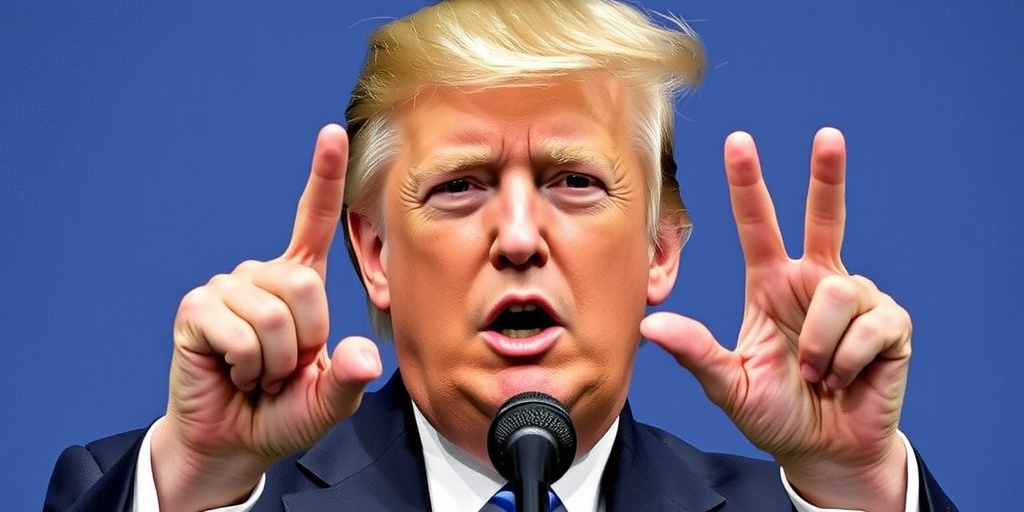
Title: The Fabrication of Reality: Analyzing Trump’s Continued Distortion of Facts and Its Implications
In the tumultuous political landscape of the United States, former President Donald Trump is once again at the forefront, wielding a narrative that diverges significantly from objective reality. Since reclaiming the presidency, Trump has rekindled his penchant for promoting fabrications and conspiracy theories, effectively establishing an alternative reality that serves as the foundation for his policy decisions. Statements such as the U.S. sending $50 million in condoms to Hamas and the assertion that Ukraine initiated its war with Russia exemplify the outlandish claims Trump has made, none of which have any grounding in truth.
From the outset of his political career, Trump has shown a remarkable ability to redefine narratives to his advantage, often at the expense of veracity. For instance, Trump has consistently portrayed the U.S. Agency for International Development (USAID) as irresponsible for allegedly allocating funds to a Palestinian terrorist organization, using this claim to justify dismantling the agency. Similarly, he has suggested that diversity initiatives in the airline industry compromise safety, an assertion made in the wake of a tragic plane crash without any supporting evidence. Such rhetoric not only serves to shift blame but also lays the groundwork for a radical reshaping of government policies.
Julian E. Zelizer, a history professor at Princeton, highlights Trump’s strategic maneuver of crafting his own narrative, stating, "One of the biggest presidential powers that Trump has deployed is the ability to shape his own narrative." This showcases the president’s relentless pursuit of a reality where he is an omnipotent figure, deftly manipulating facts to bolster his image and undermine his opponents.
Furthermore, Trump’s unyielding resolve to propagate falsehoods is evidenced by his endorsement of the baseless claim that the 2020 election was stolen from him. Despite inconclusive evidence to support his allegations of widespread fraud, Trump has maintained a steady stream of misinformation, which has effectively convinced a significant portion of his political base that he was unjustly denied victory. This has prompted the media and political analysts alike to observe that Trump’s narrative has seeped into the consciousness of many Americans, granting him significant sway over public discourse.
Dr. Ruth Ben-Ghiat, a historian specializing in authoritarianism, describes Trump as "one of the most skilled propagandists in history," underlining the remarkable impact of his ability to promote easily debunked lies within the context of an open society, contrasting sharply with the controlled narratives of authoritarian regimes. Under Trump’s administration, casual dishonesty became so pervasive that it was likened to a pervasive element filtering through White House operations.
In shaping major aspects of his administration, Trump often employs strategic exaggerations and unfounded assertions. This approach allows him to bolster his claims of having won a "landslide victory" in the recent elections, despite official results indicating a tight race. By asserting a broader public mandate, Trump seeks to normalize his agenda, dismiss critics, and maneuver through the political landscape with an inflated sense of strength.
Even after being debunked, Trump tends to double down on his misinformation, compounding earlier claims with even more outrageous assertions. For example, after journalists indicated that the claimed $50 million in funding for condoms was fabricated, Trump escalated the figure to $100 million, demonstrating a blatant disregard for factual accuracy. His refusal to retreat from demonstrably false statements fosters an environment of confusion, where narratives are dictated by the loudest voice rather than the truth.
As Trump continues to shape public perception, his self-crafted reality allows him to absolve those he deems responsible for various international conflicts. Recently, he has shifted blame regarding the ongoing war in Ukraine, absolving Russian President Vladimir Putin of responsibility. Instead, he has pointed to Ukrainian President Volodymyr Zelensky, asserting that Ukraine “started” the war—an assertion that completely overlooks the comprehensive context and history of tensions between the two nations.
Critics argue that Trump’s insistence on crafting his narrative not only blurs the line between factual reporting and ideological belief but also has serious implications for the political landscape. By fostering anti-establishment sentiments and vilifying media fact-checkers, Trump empowers conspiracy theorists and undermines trust in governmental institutions. His ability to turn assertions into dogmas has altered the manner in which political discourse is executed, creating a scenario where opposing sides focus on his fabrications rather than addressing substantive policy disagreements.
In summary, Donald Trump’s resurgence is not merely a revival of his past tactics; it embodies a continuing evolution of political communication that manipulates facts to galvanize support and achieve policy objectives. As he navigates the frontiers of truth and fiction, the implications extend beyond mere rhetoric; they resonate throughout the political fabric of the nation, prompting deeper discourse about the relationship between narrative construction, public belief, and democratic institutions.
Stay Informed With the Latest & Most Important News
Previous Post
Next Post
-
 01New technology breakthrough has everyone talking right now
01New technology breakthrough has everyone talking right now -
 02Unbelievable life hack everyone needs to try today
02Unbelievable life hack everyone needs to try today -
 03Fascinating discovery found buried deep beneath the ocean
03Fascinating discovery found buried deep beneath the ocean -
 04Man invents genius device that solves everyday problems
04Man invents genius device that solves everyday problems -
 05Shocking discovery that changes what we know forever
05Shocking discovery that changes what we know forever -
 06Internet goes wild over celebrity’s unexpected fashion choice
06Internet goes wild over celebrity’s unexpected fashion choice -
 07Rare animal sighting stuns scientists and wildlife lovers
07Rare animal sighting stuns scientists and wildlife lovers













